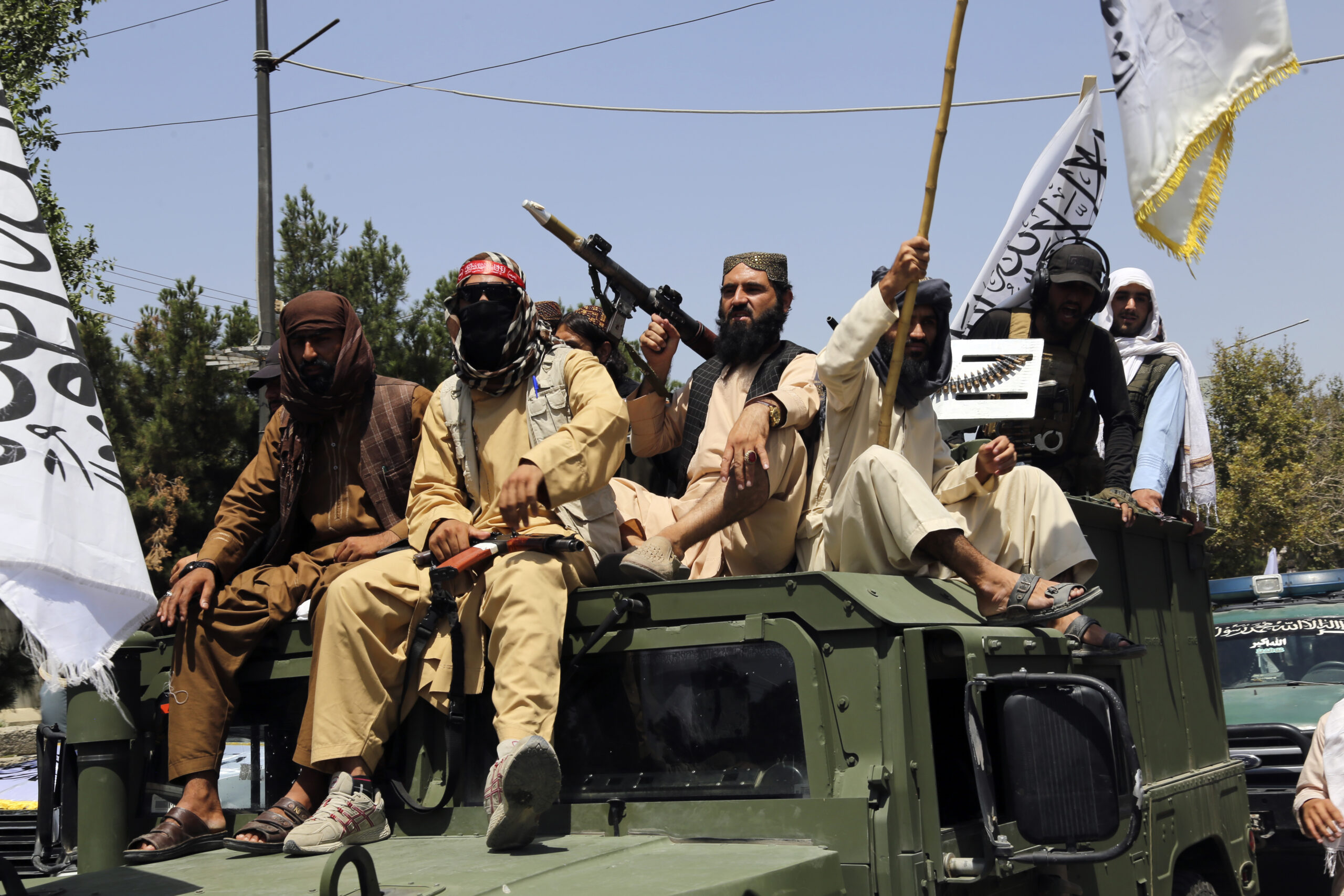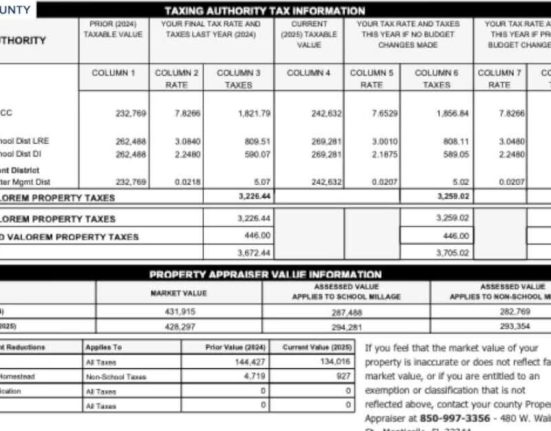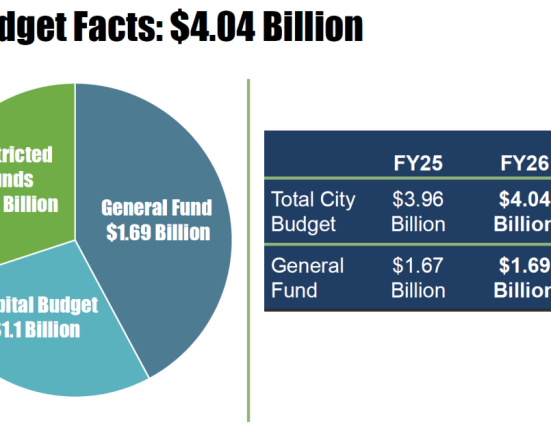On the anniversary of the August 15, 2021, Taliban recapture of Afghanistan, a new Washington audit is alleging American aid funds in the country were widely misused, with goods being diverted to the terrorist group and its favored allies, and claiming a pattern of bribery of United Nations officials.
The report of the Special Inspector General for Afghanistan Reconstruction, which this week ended its mission, is based on numerous interviews with Afghan citizens, members and past members of non-governmental organizations in the country, and UN officials. Fearing for their lives, all interviewees are unidentified.
In painstaking detail, the 118-page report documents how “the Taliban diverts U.S. aid dollars intended for needy Afghans, and the culture of denial within the international aid community, which thwarts effective measures to mitigate that diversion.” The upshot, it concludes, is that “the same aid that feeds hungry people can also fuel a war economy.”
The Taliban, according to Sigar, interfere with the distribution of aid, including by diverting it to favored groups, using regulatory power to choose which NGOs are permitted to operate, extorting NGO staff, and “colluding with senior UN officials to demand kickbacks from UN vendors.”
The UN has “been operating in Afghanistan for quite some time,” the spokesman for Secretary-General Antonio Guterres, Stephane Dujarric, told the Sun on Thursday. The UN teams there, he added, “have implemented robust safeguards and risk management processes to ensure that critical international assistance reaches those people that need it most, where and when necessary.”
Mr. Dujarric acknowledges that “delivering humanitarian aid in a country that is controlled by the de-facto authorities — and [Afghanistan] is not the only place in the world — is extremely, extremely challenging.” Allegations in the Sigar report, he added, will be “studied” by the UN. He did not specify in what venue or format.
Between the Taliban taking power in August 2021 and the Department of State canceling most aid to Afghanistan in 2025, donors had provided $10.72 billion in humanitarian and development aid to the country, according to the Sigar report. About 36 percent of that, or $3.83 billion, came from the United States.
The UN purchased and transported nearly $2.9 billion to Afghanistan to implement humanitarian assistance, but the report says that “calculating how much overall aid actually reaches people in need is very complex, in part because the UN is resistant to financial transparency.”
Washington officials who champion the delivery of aid to Afghanistan turned a blind eye to the possibility that the Taliban, which America designates as a terror group, might confiscate much of the humanitarian goods that enter the country.
In 2021, the director of the now-depleted U.S. Agency for International Development, Samantha Power, testified in the House of Representatives that she received no credible reports of aid being confiscated by the Taliban. She also expressed confidence that USAID would be able to detect such diversion.
Sigar, however, cites several NGO officials as saying that “requests for bribes or a percentage of a contract to secure funding were one of their biggest challenges.” Officials of the World Food Program, according to testimony, regularly collude with the Taliban, which also provides security for the WFP and thus obliges the UN agency to cooperate with the terror group.
“In the process of conducting interviews for this report, Sigar repeatedly encountered allegations that UN officials demanded bribes in order to issue contracts to companies and NGOs,” the report says. One activist told Sigar that a company “with major UN contracts” is owned by a top Taliban leader, and that the company bribed WFP staff to win the contract.
Top UN contractors, according to another interviewee, provide “direct support to the Taliban in terms of cash, food, and even logistical support.” A WFP third-party monitoring official told Sigar that the company has Taliban ties, and said its officials “pay the Taliban for protection at every stage of implementation.”
American aid is distributed alongside UN agencies in no-man’s land outside Afghanistan as well. The Houthis in Yemen, Hamas in Gaza, and numerous other gun-toting groups that control territories use methods similar to the Taliban, including threats, bribery, and aid confiscation.
Sigar recommends that to prevent American taxpayer funds being diverted to terrorists, Washington must limit the number of UN agencies with which it cooperates, and ensure that the American government gets access to the UN books, so it can have better control of where the money goes.







